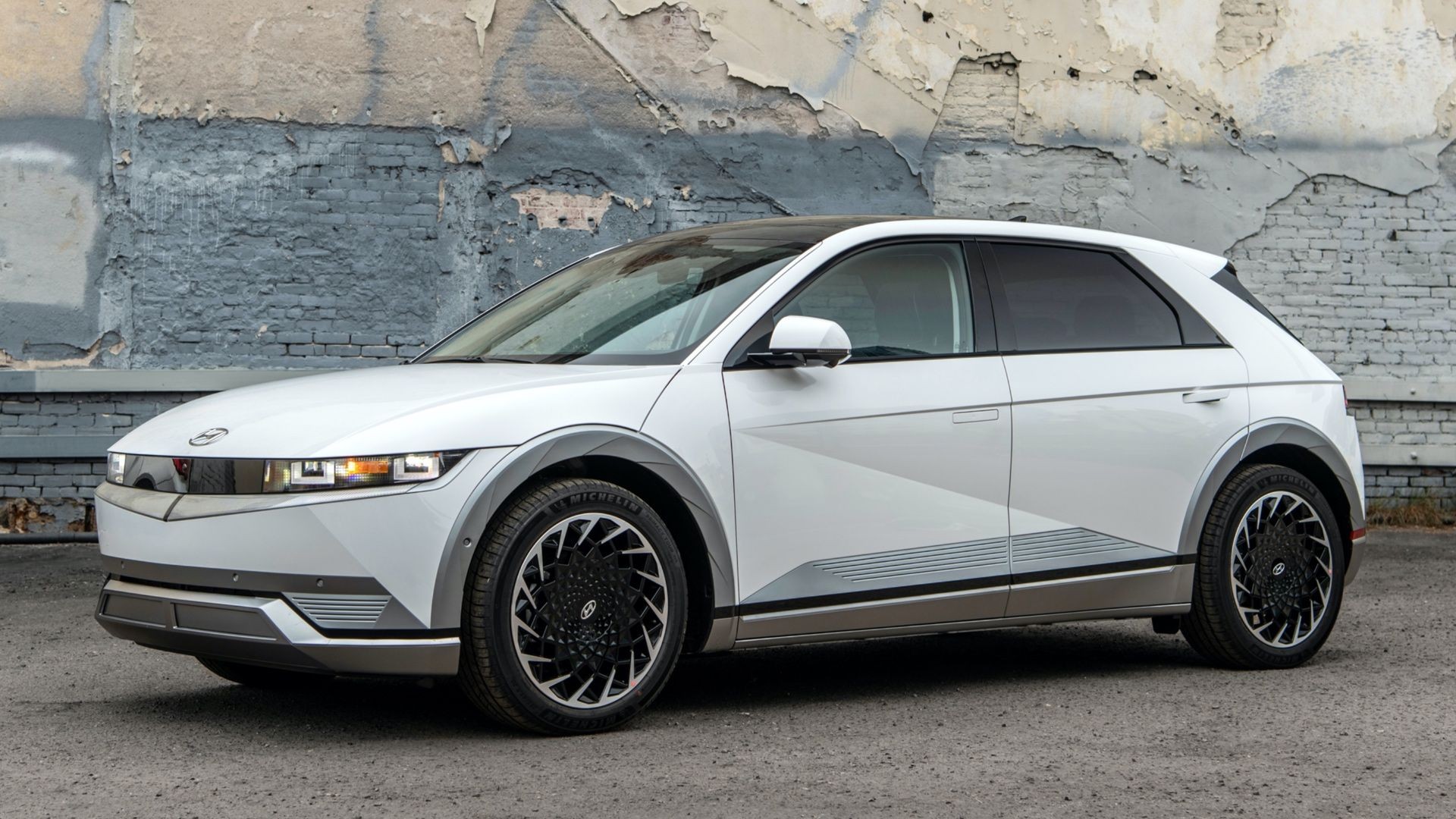The electric SUV market is booming, and two prominent contenders are the Volkswagen ID.4 and the Hyundai Ioniq 5. Both offer stylish designs, impressive technology, and practical functionality. But which one comes out on top? This comprehensive comparison delves into performance, range, interior features, safety, and pricing to help you decide which electric SUV is right for you.
Performance and Range: Neck and Neck
Both the ID.4 and Ioniq 5 offer a variety of powertrain configurations. The ID.4 provides single-motor (RWD) and dual-motor (AWD) options, ranging from 201 to 330 horsepower. The Ioniq 5 mirrors this with similar single and dual-motor setups, delivering 168 to 320 horsepower.
In terms of acceleration, both SUVs boast respectable 0-60 mph times, with the more powerful AWD variants achieving it in around 4-5 seconds.
Range is another crucial factor for electric vehicles. The ID.4 offers between 206 and 291 miles on a single charge, depending on the battery pack and configuration. The Ioniq 5 delivers a slightly higher range, ranging from 220 to 303 miles.
Interior and Technology: Distinct Approaches
Stepping inside, the ID.4 and Ioniq 5 showcase distinct design philosophies. The ID.4 opts for a minimalist approach with a clean dashboard layout dominated by a 12-inch touchscreen infotainment system. Higher trims offer a larger 12.9-inch display. Wireless Apple CarPlay and Android Auto are standard.
The Ioniq 5 embraces a more futuristic aesthetic. A dual-screen setup combines a 12-inch digital instrument cluster and a 12-inch infotainment touchscreen. A head-up display projects vital information onto the windshield. While Apple CarPlay and Android Auto are available, they require a wired connection.
Cargo space is a key consideration for SUV buyers. The ID.4 boasts a slight advantage in this area, offering 30.3 cubic feet behind the rear seats and 64.2 cubic feet with the seats folded. The Ioniq 5 provides 27.2 and 59.3 cubic feet, respectively.
Safety and Reliability: Top Performers
Both the ID.4 and Ioniq 5 prioritize safety. The ID.4 earned a 5-star overall safety rating from the NHTSA, while the Ioniq 5 received a Top Safety Pick award from the IIHS. Both SUVs come equipped with a comprehensive suite of advanced driver-assistance systems (ADAS), including adaptive cruise control, lane keeping assist, and automatic emergency braking.
Reliability is another strong suit for both brands. Hyundai offers a 5-year/60,000-mile basic warranty and a 10-year/100,000-mile powertrain warranty, including the battery. Volkswagen provides a 4-year/50,000-mile basic warranty and an 8-year/100,000-mile battery warranty.
Pricing: Value Proposition
The ID.4 holds a clear advantage in terms of starting price. The base model comes in under $40,000, making it one of the most affordable electric SUVs on the market. The Ioniq 5’s starting price is higher, closer to the mid-$40,000 range. However, the Ioniq 5 offers more standard features at its base level.
Conclusion: The Verdict
Choosing between the Volkswagen ID.4 and Hyundai Ioniq 5 ultimately depends on individual priorities. The ID.4 presents a compelling value proposition with its lower starting price and ample cargo space. The Ioniq 5 counters with a more futuristic design, slightly longer range, and a more comprehensive warranty. Both are excellent choices in the competitive electric SUV segment.


